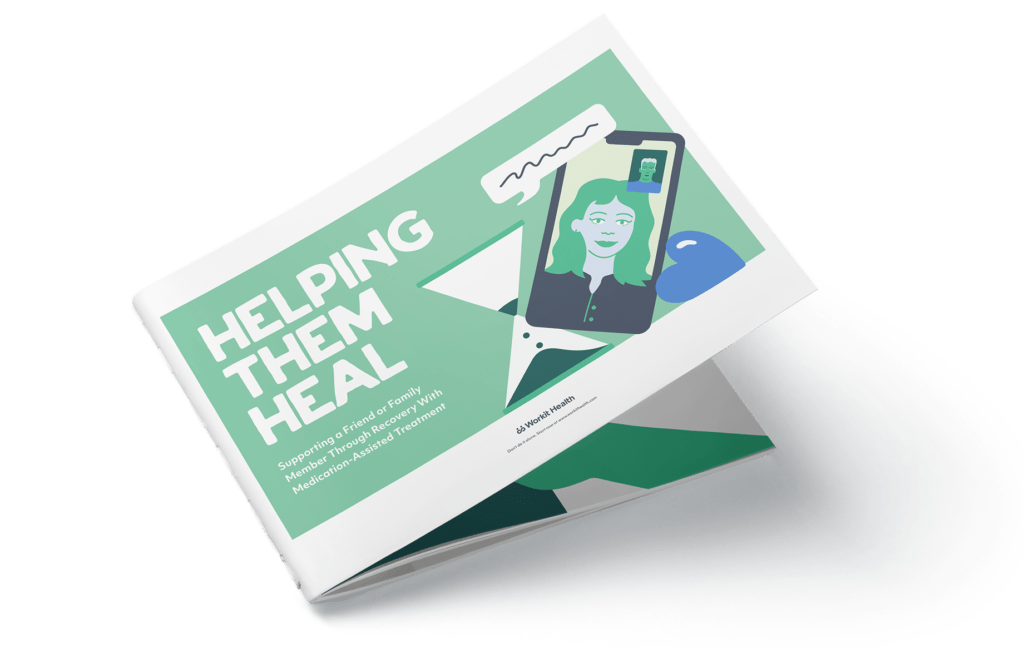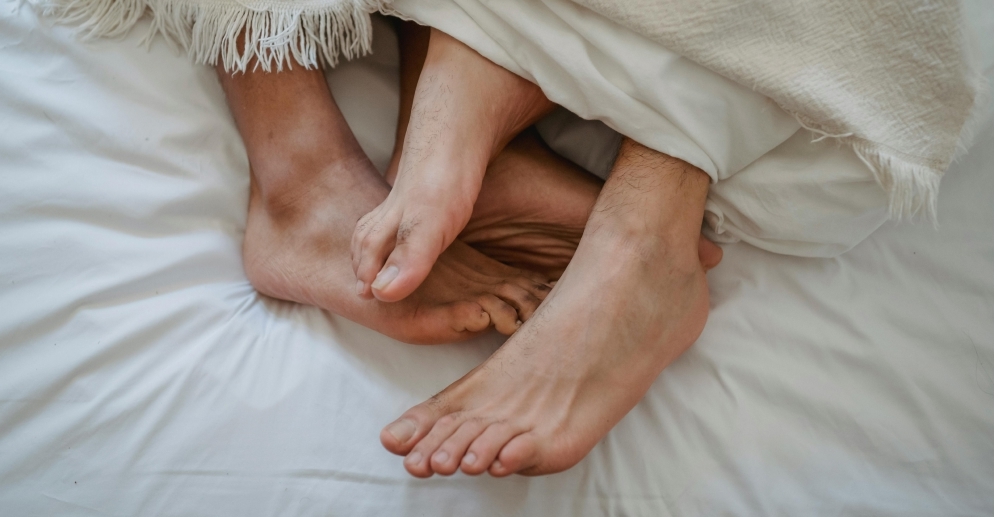My drinking took off after my kids were born, but I eventually found my way to recovery.
The isolation of parenting created this perfect bubble of despair. It meant drinking, alone, in rapidly increasing amounts, for the first three years of my children’s lives. It meant sickness and fear and insomnia and anxiety and depression and weight gain and age … and eventually, liver and kidney pain. It meant hiding vodka bottles in my closet and laundry room. It meant suicidal thoughts on a daily basis. It meant insanity. (I talked about it in Confessions of an Alcoholic Mom, Part I: Motherhood and Alcoholism)
The craziest thing about insanity is that—most of the time—we don’t know it’s happening. Of course, there might be an occasional twinge about all the drama and odd behavior, but mostly? We stay unaware. Because, really? Who would want to know?
I going to own the insanity here. When I was in my worst stage of addiction, I still attempted to rationalize my drinking. I wanted, in essence, to spot the raving beast in the distance coming for me and yet say, “Well, gosh, would you look at that? Yep, that’s a man-eater for sure. But I’m sure he’ll go right past me once he finds me.”
The raving beast did not amble right past me. And, finally, while my sons were still very young, I fully realized the horrible entrapment that is alcoholism: I couldn’t possibly keep drinking. But I also couldn’t NOT drink. Either way, I felt I would die.
So, how did I finally get my sanity back?
Returning to sanity is a process that still continues today. It’s sort of like surgery, but it’s the kind that involves post-op rehab for the rest of your life. Fortunately, the rehab, while challenging, comes with a stellar insurance plan: a happy, joyous, and free life.
When I was a kid, I loved the Little House on the Prairie books. They were so very rugged and outdoorsy, and so very, very different from my own life. But I remember feeling a bit sorry for Ma. She kept having to trek along at whatever pace Pa decides to set. There was no end to his wanderlust! She would have to pack up the wagon and head out to endless challenges. Wolves. Hardtack (whatever that is). Devastating weather. And to make things worse, often the travels had no definite endpoint in mind; Charles would know it when he saw it. Too bad for Ma, but I don’t think there was marital counseling back then.
Ma Wilder’s life is kind of how I viewed getting sober. It would be a hard and harrowing journey, with no real endpoint. Just long days and scary nights, possibly stuck with an annoyingly enthusiastic leader, my sponsor.
I am no Caroline Wilder. I would have been whining from the first day out on that prairie! The prairie is hot. There are killer grasshoppers. And I can’t eat rabbit; it’s not vegan. I’m a complete wimp. And so, when I look back to those early days of recovery, I am rather amazed at my pioneering spirit. I could only take the fewest possessions. Myself. My hope. And a much simpler life. Sobriety whittles down at you, forcing you to collect only the most valuable tools for the long journey to keep you alive.
Slowly my recovery became less of a wild trek and more of a steady routine.
My first weeks of no wine found me looking at time in a new way. I would actually set a timer some days for thirty minutes. I told myself that if I wanted to drink at the end of those thirty minutes, I would. I would pair this strategy with my newfound talisman, the Serenity Prayer.
I also had to finally figure out what I enjoyed doing, which took a while. When all you do is drink and exist, fun hobbies get dusty. I managed to find a few and kept them ready for the itchy times. I would divert myself enough with a walk, or some chocolate, or, quite surprisingly, knitting. I endlessly searched out laughter, piling up my YouTube subscriptions with Seinfeld outtakes and cat videos. My bedside was stacked with every recovery memoir I could find. I developed a sparkling water and fresh basil “mocktail” for 5 pm. (When I was drinking, I never had the patience for mixed drinks, but now, it seems I had become quite the mixologist.) All of these became part of my “Stay Sober Rituals.” They let my brain look elsewhere, if for only thirty minutes, for peace. In so doing, I rebuilt the synapses. Slowly.
There were times, of course, when my would buzz at me after thirty minutes, and I would feel the despair of still wanting a tumbler full of cheap wine. It was at moments like these that I fought for my recovery with the one thing I initially feared the most: a 12-step group. I had dreaded the idea of attending meetings, but when I finally found the courage to attend one, I was amazed. These people, from so many different walks of life than mine, were my people. Each meeting helped me file away more tools to help me do this whole sober thing, day by day. I didn’t have to go it alone.
For me, most days in early sobriety felt like a long yoga session. There was lots of deep breathing and slow movement, all the while trying to twist myself into the shape of a human pretzel. I was awkward. I wobbled a lot. But I was learning, finally, that I was worth the effort.





